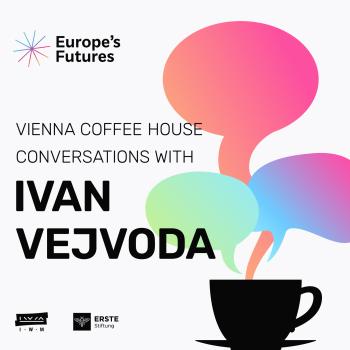Karolina Wigura
Fellowships
FellowshipsKarolina Wigura will devote her time during the Europe’s Futures Fellowship working on the following questions: What are the most important collective emotions in today’s Europe? How can we understand and work with them? How can politicians respond to collective emotions in a way that is relevant to today’s technologies? What is the best way for the politicians and leaders of opinion to communicate with citizens? How can we promote expertise in times of crisis to prevent people from spreading fake news and conspiracy theories? How do we stop populists from building on negative emotions? In ancient Greek, crisis meant a deep change and a chance of development, rather than decline. Is it possible, then, to embrace this meaning in addressing our needs? Wigura intends to work on these questions from a political philosopher’s point of view. Ideas matter greatly for political practice, and thus the hope is that the research and ideas generated during the fellowship can provide a valuable source of inspiration and reflection for activists, policymakers, and experts in the wide context of Europe.
My project seeks to investigate the presence and articulations of fear in Poland, Ukraine, and the former GDR in the years after the democratic breakthrough of 1989. In particular, I shall focus on the following questions: is there a common nature of fear in those three countries, due to the long-time rule of totalitarian/authoritarian, brutal regimes, still present after 1989? What are the ways in which fear is articulated in the public sphere and employed in the political arena? And how does this relate to patterns of habituation and to attempts at canalizing that fear?


